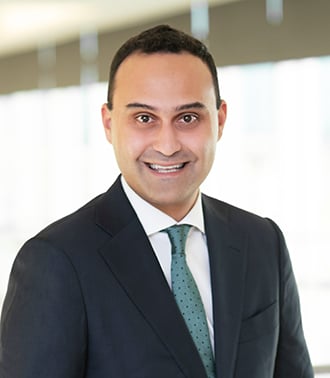DOJ Brings Two Section 951 Cases Alleging Foreign Influence by Russia
Last week, the Department of Justice (DOJ) announced a pair of criminal prosecutions charging violations of 18 U.S.C. § 951 in connection with Russian influence campaigns in the United States. As we have previously discussed here on Enforcement Edge, Section 951 prohibits taking certain undisclosed actions on behalf of foreign governments, including “espionage lite” activities like gathering information to report back to foreign government contacts. Both of the recently announced Section 951 cases relate to providing funding designed to bolster pro-Russian groups and messaging within the United States.
In the first case, brought in the Middle District of Florida, seven individuals were indicted for allegedly participating in a scheme led by Moscow-based operatives of Russia’s Federal Security Service (FSB). According to the DOJ, the scheme involved clandestine Russian funding for American political candidates and groups, including a local political candidate in St. Petersburg, Florida, and certain domestic political groups based in Florida, Georgia, California, and elsewhere. The alleged goal of this funding was to bolster groups that publicly supported Russia’s annexation of Ukrainian territory and other positions aligned with Russian geopolitical interests, thus presenting the appearance of broad-based support for these positions among Americans.
The conspiracy allegedly operated from 2014 through at least 2022. According to the indictment, an FSB officer and the leader of an FSB-associated group based in Moscow provided funding to several groups in exchange for their advocacy in favor of Russian government positions. Most recently, the government alleges, one of these groups engaged in a protest and related social media activity at the Georgia State Capitol in opposition to U.S. support for Ukraine, at their Russian contact’s behest. The indictment recounts similar episodes stretching back over the last several years, in which the defendants and their U.S.-based organizations took public positions in support of Russia.
The second case, which was filed in D.C. federal court via criminal complaint, alleges that Moscow resident Natalia Burlinova conspired with an FSB officer to entice Americans to travel to Russia to participate in a program designed to advocate for Russian interests. The complaint asserts that, in return for FSB funding, Burlinova provided the FSB with information regarding the program’s American attendees, including their passport information and their perceived views of Russia.
Burlinova allegedly began looking for Americans to recruit in 2015 and facilitated their attendance at events in 2017 through 2019. DOJ further alleges that she remained in close contact with an FSB officer, reporting back to him about the participants who attended the program. In late 2018, Burlinova allegedly travelled to the U.S. to further her recruitment efforts for the 2019 program. She continued to keep the FSB officer apprised of her work, including sending him dozens of photos of meetings at U.S. institutions.
Along with the recent criminal trial that culminated in the conviction of musician Pras Michel on charges brought under Section 951 and the Foreign Agents Registration Act (FARA), these prosecutions continue DOJ’s recent trend of increased enforcement activities relating to foreign influence, and in particular its focus on alleged agents of certain countries, such as Russia, where DOJ sees a particular need to combat foreign malign influence. Both cases show how enforcement—especially in the Section 951 context—can extend to under-the-radar attempts to influence Americans or gain information about them at the behest of a foreign government.
We here at Enforcement Edge will continue to monitor these cases and report back on any key developments in those prosecutions, as well as ongoing developments in DOJ’s broader enforcement efforts against foreign malign influence.
© Arnold & Porter Kaye Scholer LLP 2023 All Rights Reserved. This blog post is intended to be a general summary of the law and does not constitute legal advice. You should consult with counsel to determine applicable legal requirements in a specific fact situation.


